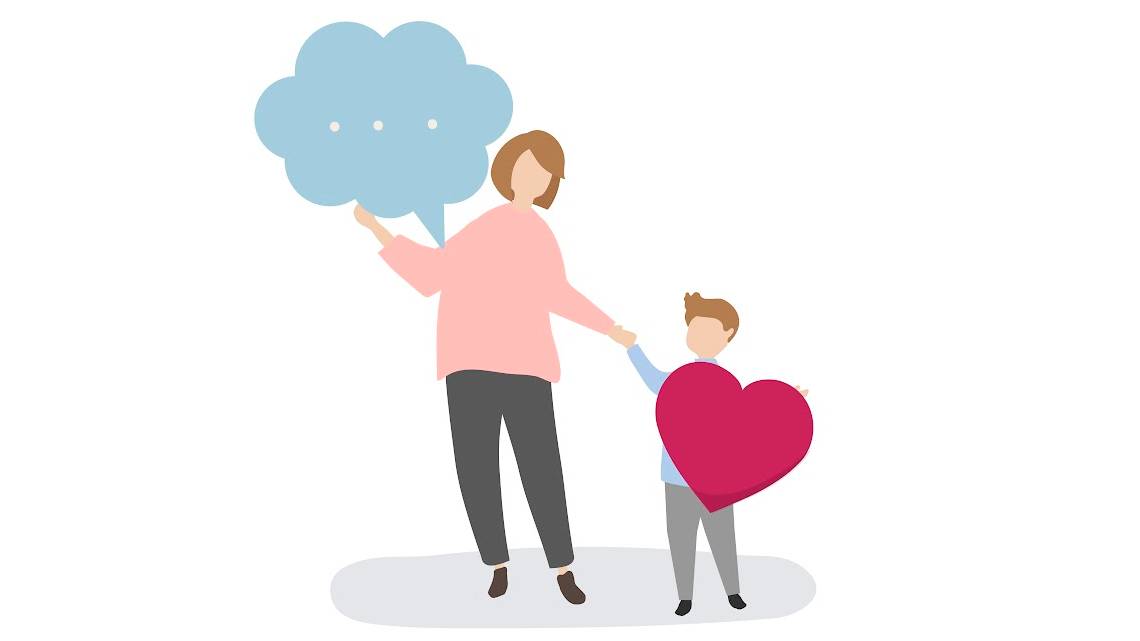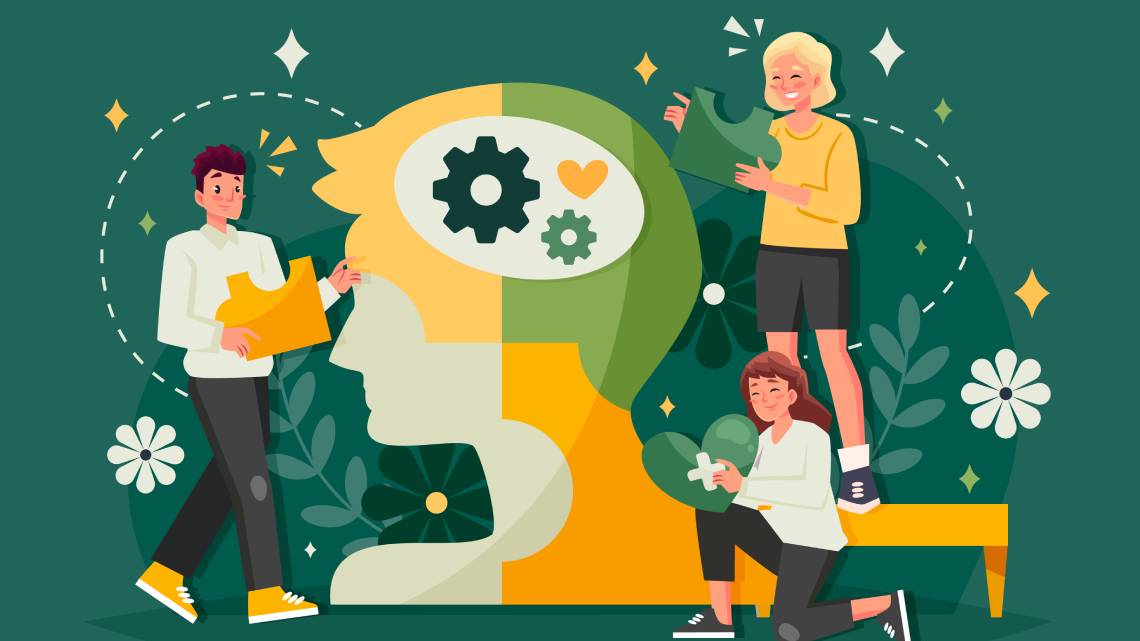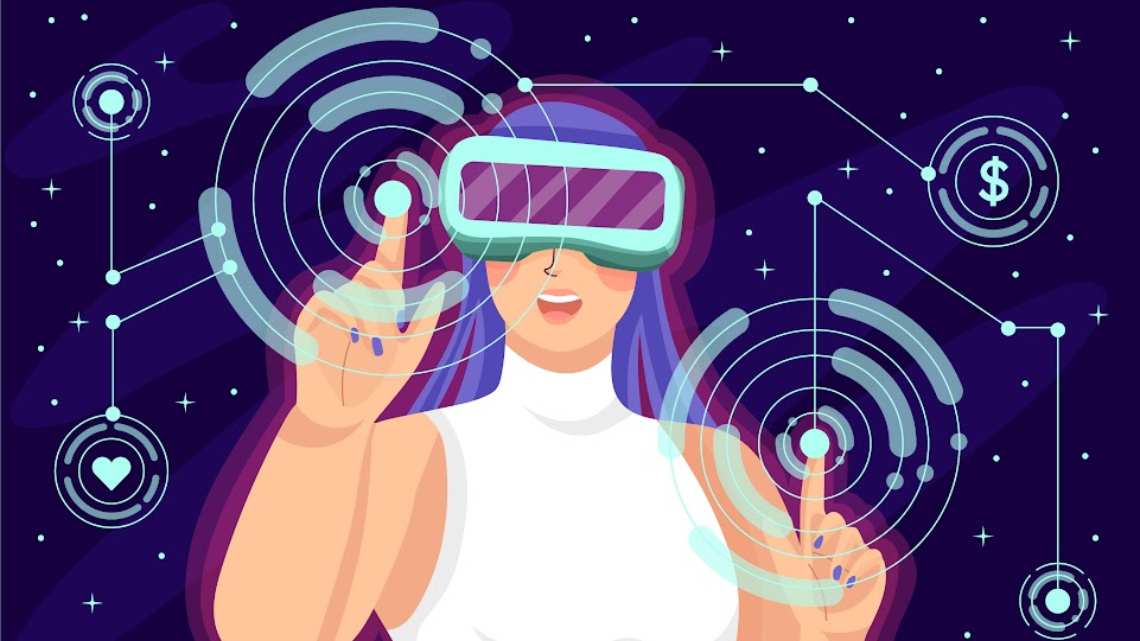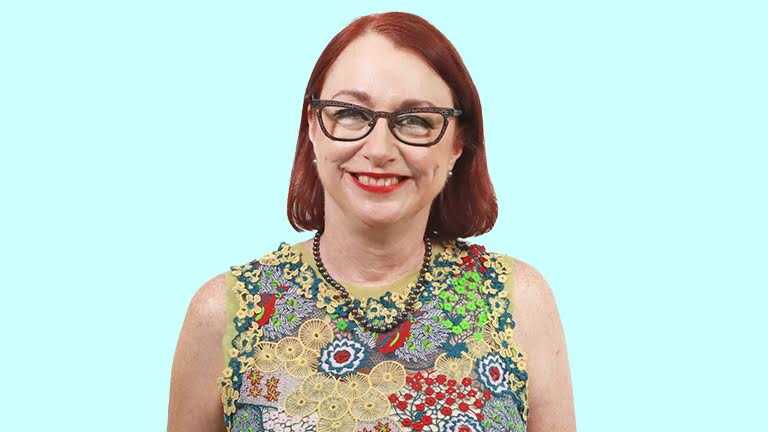
“Belonging is the missing piece in diversity, equity, and inclusion” says Janet Ledger, CEO of Community Business.
As someone who worked in a male dominated industry often, she felt like she did not belong, based on her gender and her socio-economic status amongst other things. For Janet, it is important that everyone feels heard and genuinely included but also has the same rights to get the outcomes they want.
Differentiating between equality and equity is crucial and Janet explains this using the image below. “Equality is giving a stool to everyone looking over a fence, so they have a view. Equity is not having a fence.” Often time equality and equity are misunderstood in a gender context where women could be experiencing visible and invisible challenges which they might need to overcome. There needs to be a conscious effort from leadership to create an atmosphere of inclusivity and belonging”.
Janet finds beauty in the fact that human beings are born with biases which is the basis of diversity of thought. In her journey of overcoming her biases she has found that acceptance and bias work as wonderful tools. It is not punishment but education and awareness that can help overcome these biases.
This is where community business strives to address the unconscious biases that people might have. Recently, they launched the 2024 Community Business Awards Campaign celebrating individuals and organisations working towards creating a world of appreciating diversity, creating equity, inclusion and belonging, the Asia Awards Ceremony will be taking place on Monday 28 October 2024 at Soho House Hong Kong. Here are a few insights of this award season.
Could you elaborate on your experience of this year’s nominations process?
We were thrilled to receive an overwhelming response to this year’s awards, with 260+ submissions from nearly 140 organisations across 20 markets and 16 industries. Narrowing down the nominations for the 16 award categories was an incredibly difficult task given the high calibre of the entries.
One of the most exciting aspects was the inclusion of new categories like the “Creating Social Impact” series, which highlighted remarkable grassroots work being done outside the corporate sector. Seeing the breadth and depth of initiatives aimed at driving positive change in communities across Asia was truly inspiring.
What are some of the biggest trends that you have seen in the DEI and wellbeing space?
We’re seeing a shift beyond just surface-level DE&I efforts like unconscious bias training and employee resource groups. Organisations are now embedding more substantive policies and programs to drive real change. Some of the most impactful trends include:
- The rise of four-day workweeks, which promote better work-life balance and productivity.
- Innovative LGBTQ+ inclusion initiatives like mentorship programs to support career development.
Plus, we saw India emerging as a regional leader in DE&I, with many pioneering programmes such as internship cohorts for trans peoples, training and preparing low-income women to join the workforce and encouraging neurodiversity at work, originating there.
What are your takeaways from this year’s award process?
While the awards highlighted tremendous progress being made in DE&I and wellbeing across Asia, it’s clear there is still a long way to go. The sheer volume and calibre of submissions underscores the growing importance organisations are placing on these issues. However, there remain significant gaps and challenges to achieving true equity and inclusion.
What are some of the core values that guide you in your daily life?
Equity, inclusion and driving positive change are core values that guide my work and personal life. I’m deeply committed to creating a more just, equitable world where everyone can thrive regardless of their background or identity. This means actively working to dismantle systems of oppression and discrimination while uplifting marginalised voices and communities.
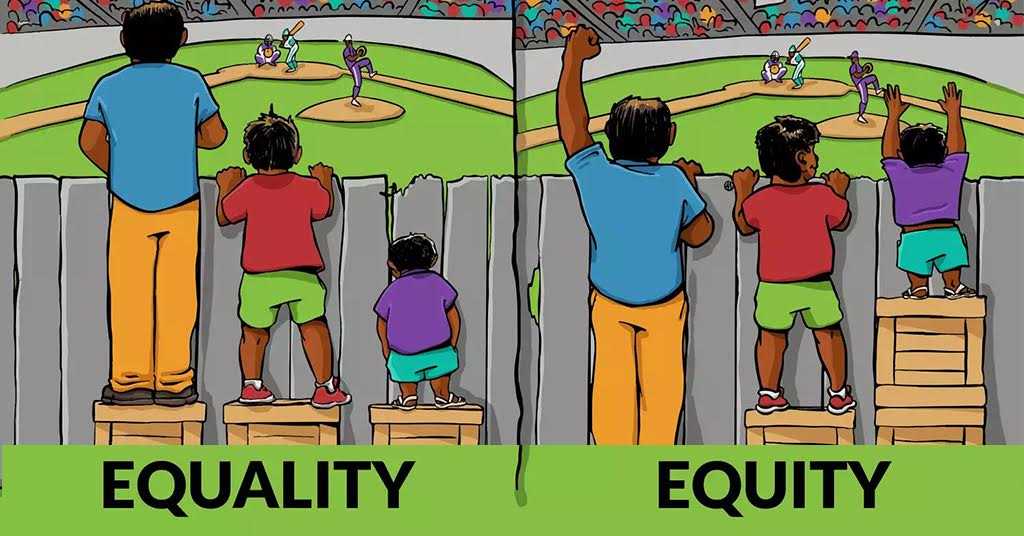
What are your hopes for the future of your organization and the community?
At Community Business, our vision is of a more equitable Asia where diversity, inclusion and wellbeing are championed. My hope is that through our work, we can help overcome persistent issues like racism, sexism, homophobia and other forms of discrimination. By bringing together organisations and individuals committed to change, we can collectively build a future where everyone belongs.
Since this is a magazine that promotes mental health and wellbeing, we would love to know how you look after your wellbeing and of those in your organization?
Prioritising mental health and wellbeing is critical, both for myself and the Community Business team. We have comprehensive leave policies – I recently took 10 days off to recharge without stress. Personally, I try to stay on the basics like healthy eating, regular exercise and focussing on sleep as I know that without that I struggle to function at the level I want and need to. This also makes managing stress levels and my mental health far easier. Of course, we try to encourage everyone at CB to do the same and have the policies in place to allow for this. We strive to model healthy boundaries and work-life balance. Flexible work arrangements, regular check-ins, and a culture of open communication help ensure our team members’ needs are met. All employees also have access employee assistance programmes which include mental health coverage and resources. Ultimately, we believe that supporting the wellbeing of our people enables us to have the greatest positive impact on the communities we serve.
Photo Credits:
Second image: Interaction Institute for Social Change | Artist: Angus Maguire
Recently Added
Parental mental health plays a monumental role in a child’s social, emotional, behavioural and psychological development. Parents and caregivers are central to …
Cognitive behavioral therapy (CBT) was initially developed by Aaron Beck in the 1960s and it is based on the cognitive model of …
Artificial Intelligence or AI, as we like to call it, has become a part of everyday operations, enhancing everything from manufacturing automation …


